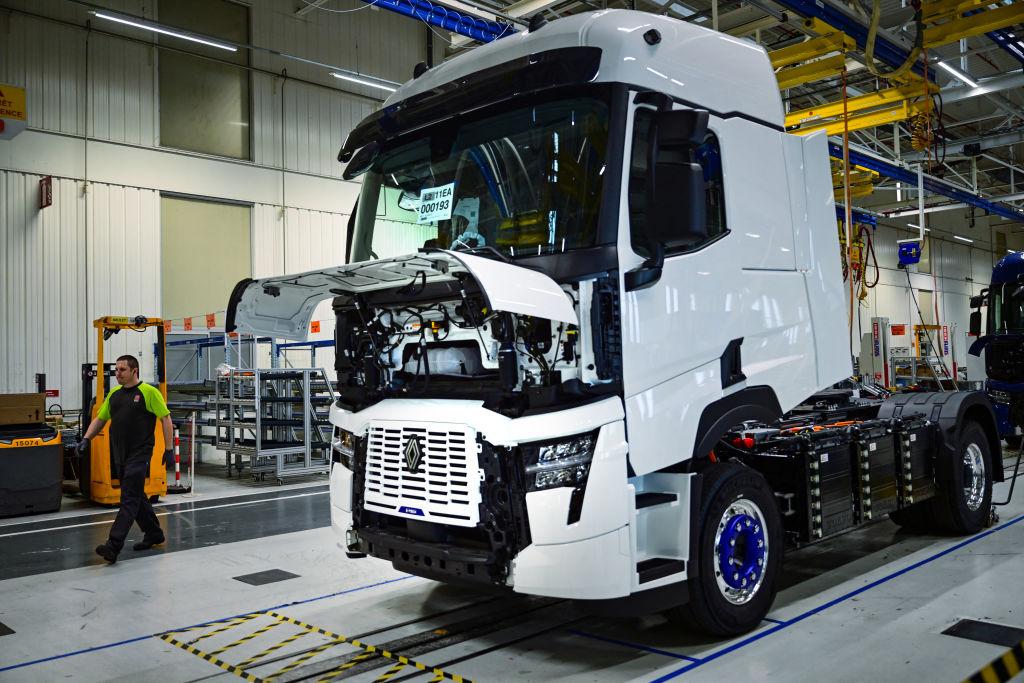No single technology currently exists that can decarbonise and improve the efficiency of heavy vehicles, says Volvo Group Australia.
During a recent inquiry hearing, Timothy Camilleri, e-mobility solutions manager at the Group—separate from Volvo Cars, which is owned by Chinese automotive conglomerate Geely—outlined the limitations of heavy electric vehicles (EVs).





